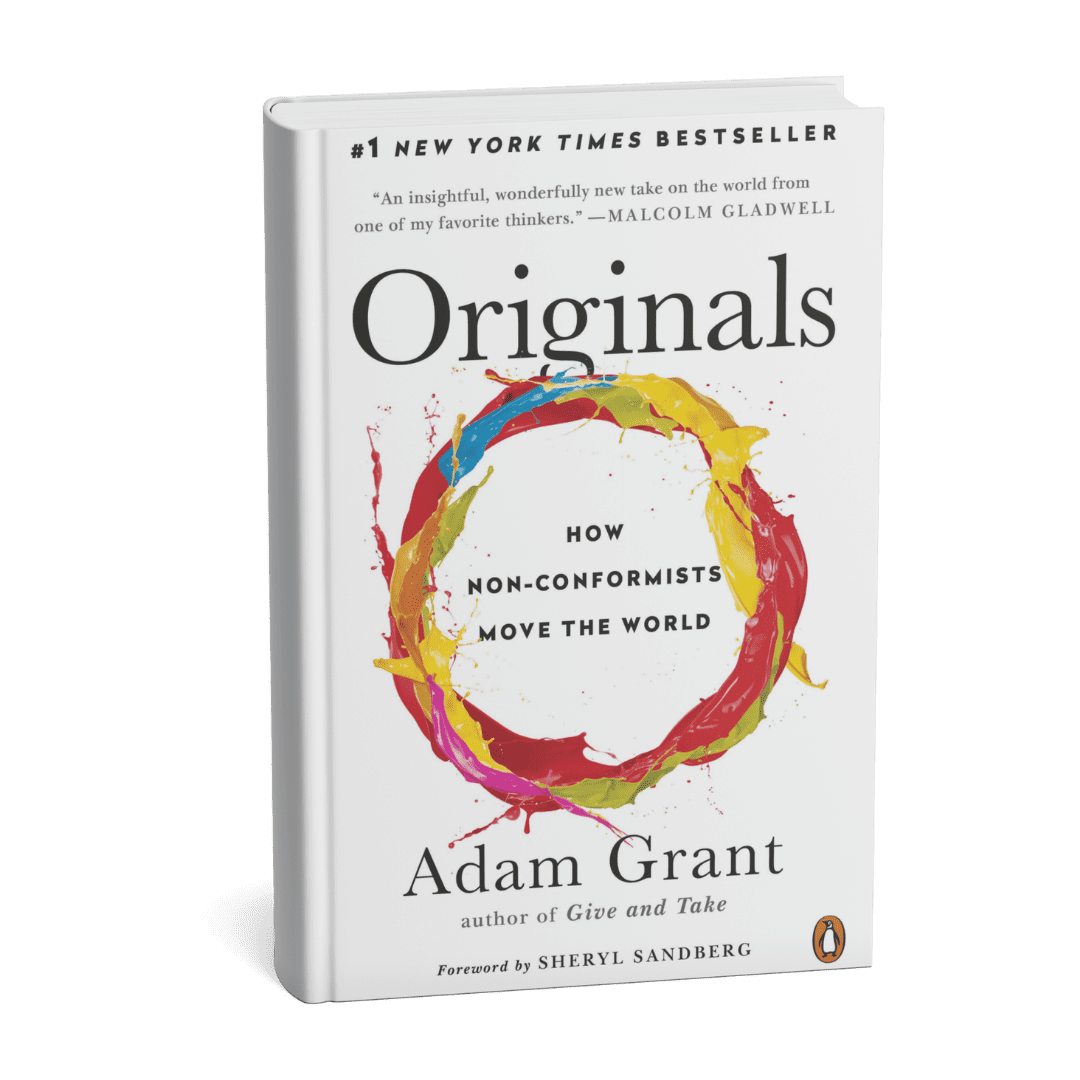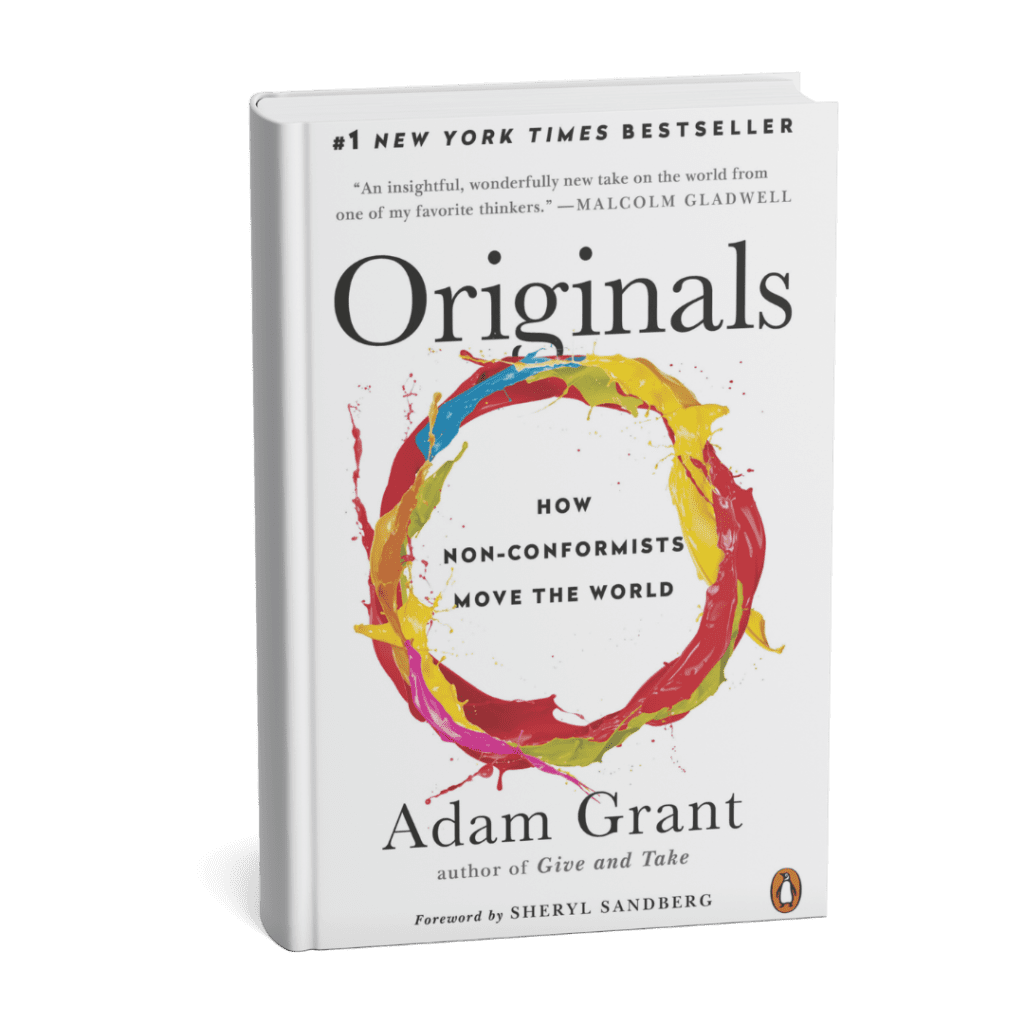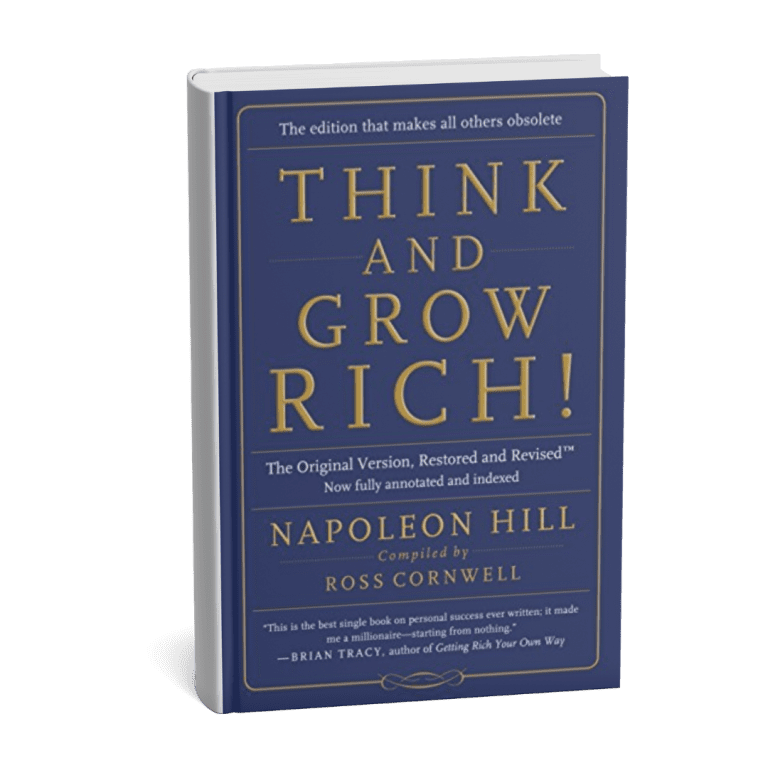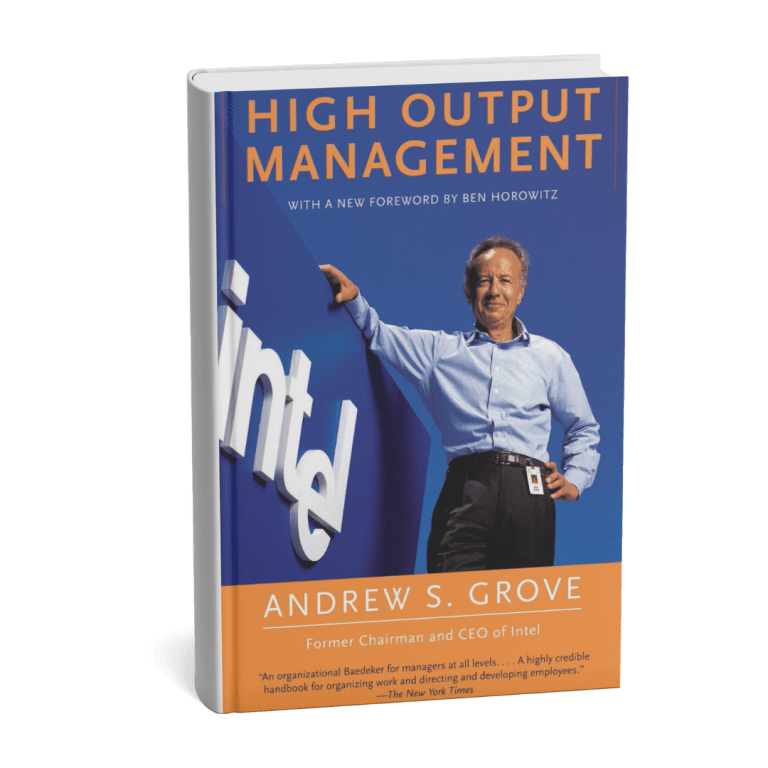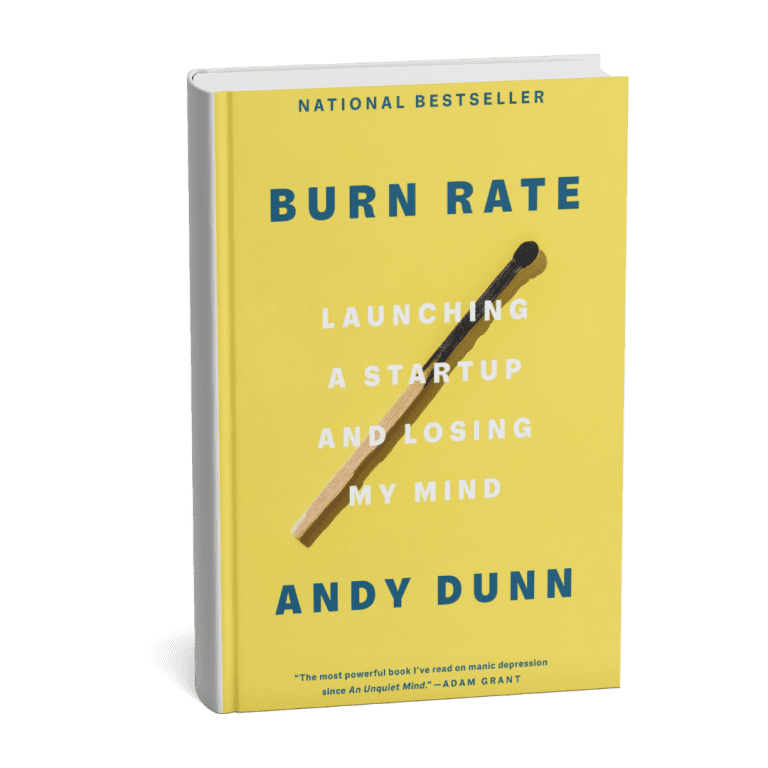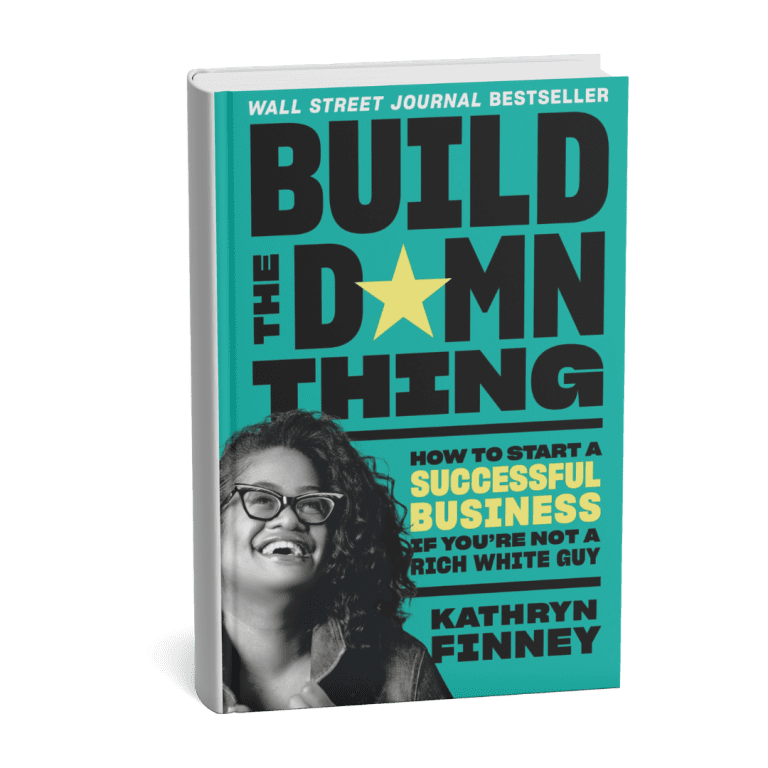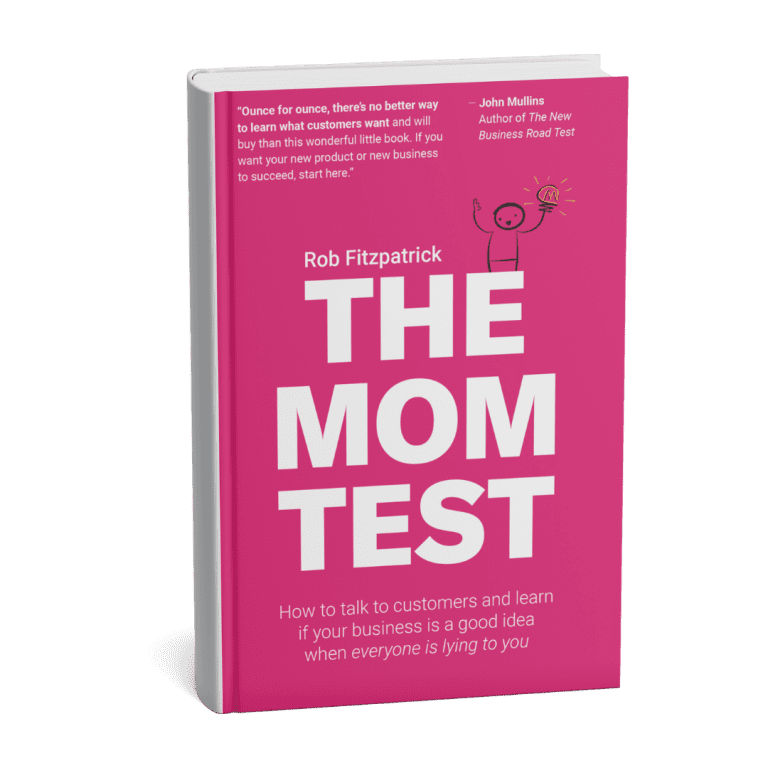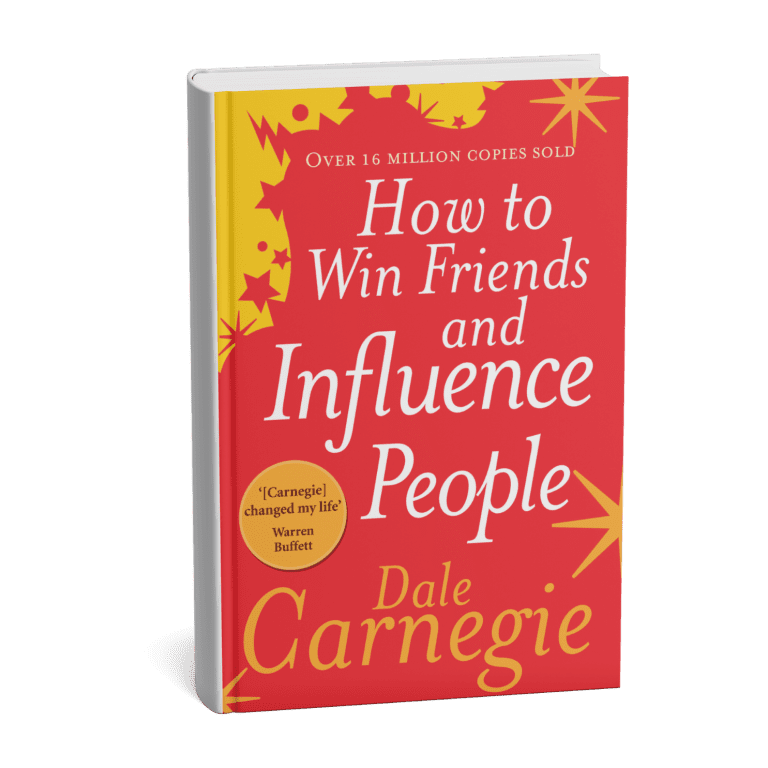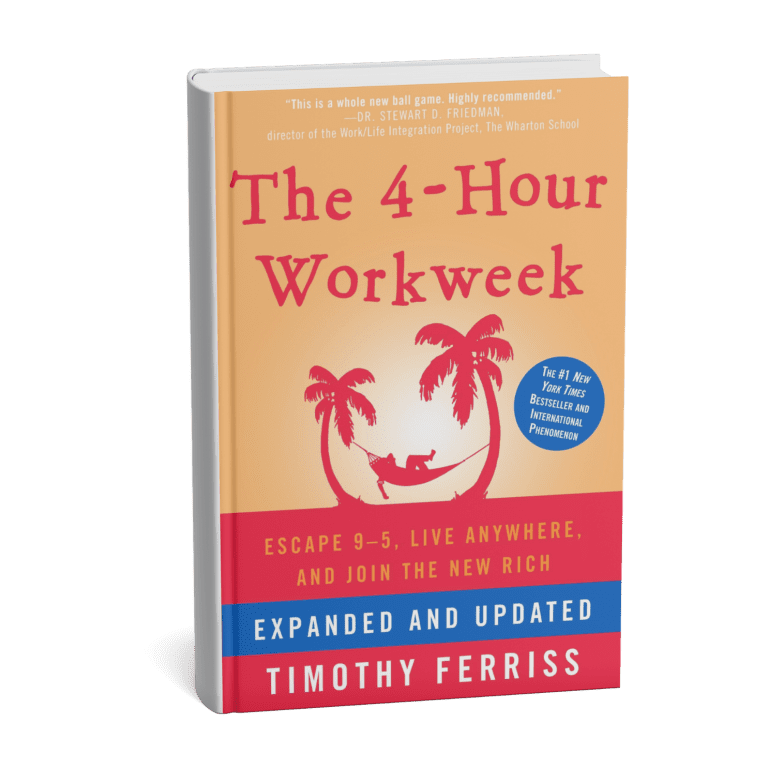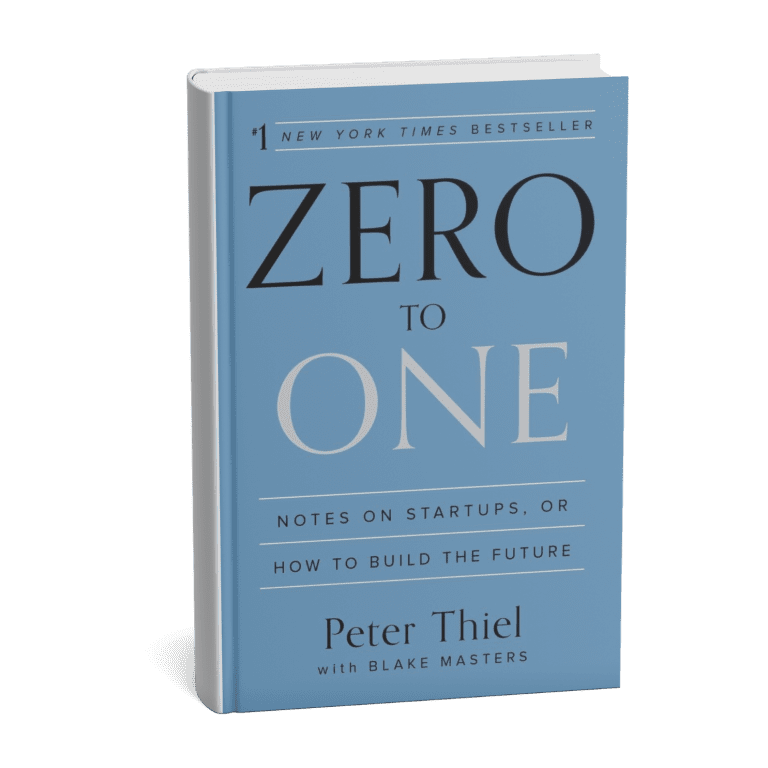In Originals, Adam Grant explores the traits and behaviors that define people who champion new ideas and challenge the status quo. Rather than being impulsive risk-takers, the most successful originals are thoughtful, strategic, and often hesitant. Grant dismantles the myth that originality is innate or irrational, showing instead how it can be cultivated and applied systematically.
Original thinkers don’t simply generate ideas- they also have the persistence and savvy to bring them to life. One surprising insight from the book is that originals often procrastinate strategically. This delay isn’t laziness; it allows more time for unconventional ideas to form. Many groundbreaking thinkers have found inspiration during what looked like avoidance. For example, Martin Luther King Jr.’s famous “I Have a Dream” segment was improvised, a result of prior flexible thinking rather than rigid preparation.
Another key theme is that successful non-conformists know how to balance radical ideas with relatable delivery. Grant explores how originals manage risk: they hedge, diversify, and often keep their day jobs while building their ventures. The author shares stories of entrepreneurs who gained traction not by betting everything, but by managing uncertainty wisely. The founders of Warby Parker, for instance, waited to launch until they had completed job offers in hand, ensuring a soft landing if the business failed.
Grant also reveals how originals use communication to influence others. They lead with weaknesses to build trust, anticipate counterarguments to disarm opposition, and use strategic repetition to enhance persuasion. These tools help them gain support for ideas that initially seem strange or even threatening.
Importantly, Originals addresses how leaders can foster a culture of originality. Hiring for cultural contribution (not just cultural fit), encouraging dissent, and rewarding idea-sharing are all methods to boost innovation within teams. Grant emphasizes that originality is not reserved for geniuses or rebels; it’s a discipline that can be nurtured.
Throughout the book, Grant supports his arguments with research in psychology and behavioral economics, as well as interviews with innovators in business, politics, and entertainment. The result is a compelling guide to breaking free from conformity while remaining anchored in strategic thinking.

